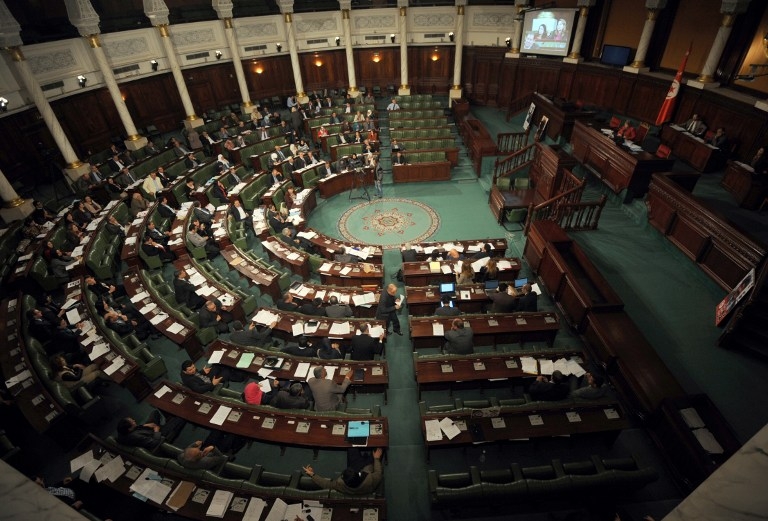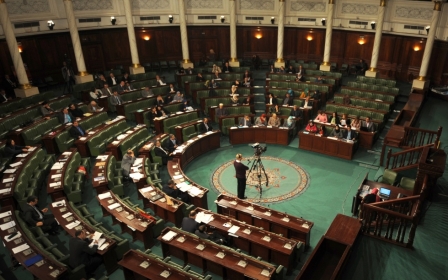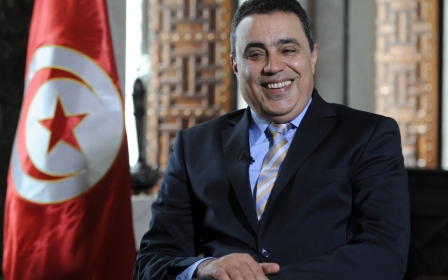HRW: Tunisia taking a regional lead in women's rights

A human-rights group has welcomed moves by Tunisia to lift restrictions it had in place on a United Nations treaty known as the Convention on the Elimination of All Forms of Discrimination against Women (CEDAW).
New York-based Human Rights Watch said in a 17 April statement that the move was "an important step toward realizing gender equality".
“With the new constitution and lifting of reservations, Tunisia has proven itself a leader on women’s rights in the region,” said Rothna Begum, Middle East women’s rights researcher at Human Rights Watch.
The United Nations General Assembly adopted the convention in 1979. It defines what constitutes discrimination against women and establishes minimum steps countries must take to end such discrimination. Although Tunisia ratified the treaty, restrictions it had in place allowed the country to opt out of several provisions regarding women’s rights within the family.
Tunisia’s reservations had included provisions covering women passing on their nationality to their children, as well as their rights and responsibilities in marriage, divorce and guardianship. They also covered personal rights relating to family name, occupation and property ownership.
New MEE newsletter: Jerusalem Dispatch
Sign up to get the latest insights and analysis on Israel-Palestine, alongside Turkey Unpacked and other MEE newsletters
Although it had officially started the process of lifting the restructions in 2011, Tunisia only in recent days formally notified the UN.
“Tunisia’s action recognizes that women are equal partners in marriage and in making decisions about their children,” said Begum.
However, the group took aim at an article in the country’s “personal status code” – a set of unique laws . This article gives judges the discretion to grant custody based on the best interests of the child, but prohibits allowing mothers having children live with them if they remarry - not fathers.
“The personal status code still makes women second-class citizens in their families and this needs to change” Begum said.
Meanwhile, the World Bank announced late Tuesday that it will lend Tunisia $250 million in support of key reforms in a country that is still suffering economic fallout from the 2011 revolution that overthrew then president Ben Ali.
The loan "focuses on laying the foundations for a competitive economy to create more and better jobs for the Tunisian people and provide financial support for macro-economic stabilisation," the bank said in a statement.
Tunisia's vital tourism sector plummeted following the overthrow before rebounding slowly, and the country remains plagued by social conflict fuelled by poverty and high unemployment.
"This loan is an effort... to assist Tunisia in creating the conditions for the social and economic changes that Tunisians took to the streets for," said Simon Gray, World Bank country director for the Maghreb.
"If sustained, these reforms will not only address immediate concerns, but will also have a positive impact on growth and employment creation in the medium term," he said in the statement.
The Tunisian government has admitted that it had to resort to "extraordinary measures" to cover salaries in April.
Prime Minister Mehdi Jomaa has raised the prospect of unpopular reforms in a country where government jobs account for a third of the state budget.
In January, the International Monetary Fund released more than $500 million, part of a $1.76 billion loan to support Tunisia, shortly after a new technocratic government was sworn in under a deal to end months of political instability.
Middle East Eye delivers independent and unrivalled coverage and analysis of the Middle East, North Africa and beyond. To learn more about republishing this content and the associated fees, please fill out this form. More about MEE can be found here.



